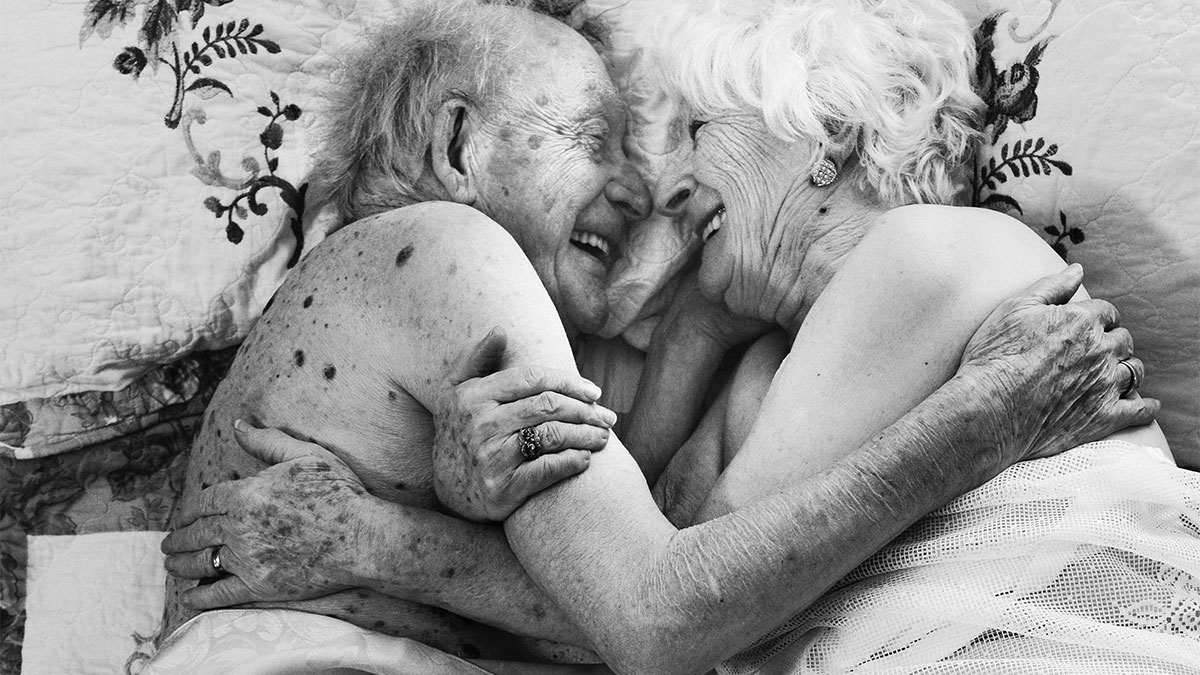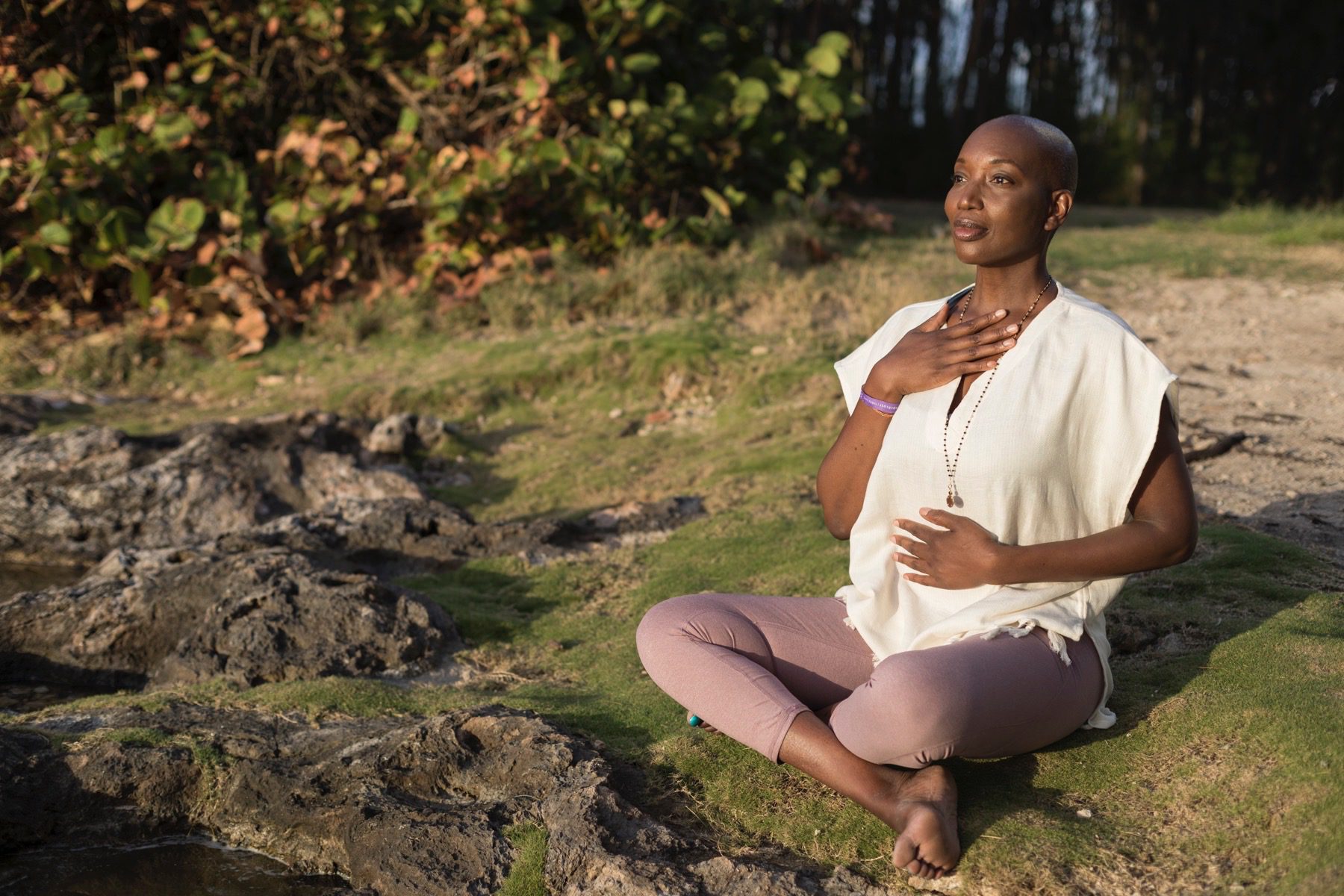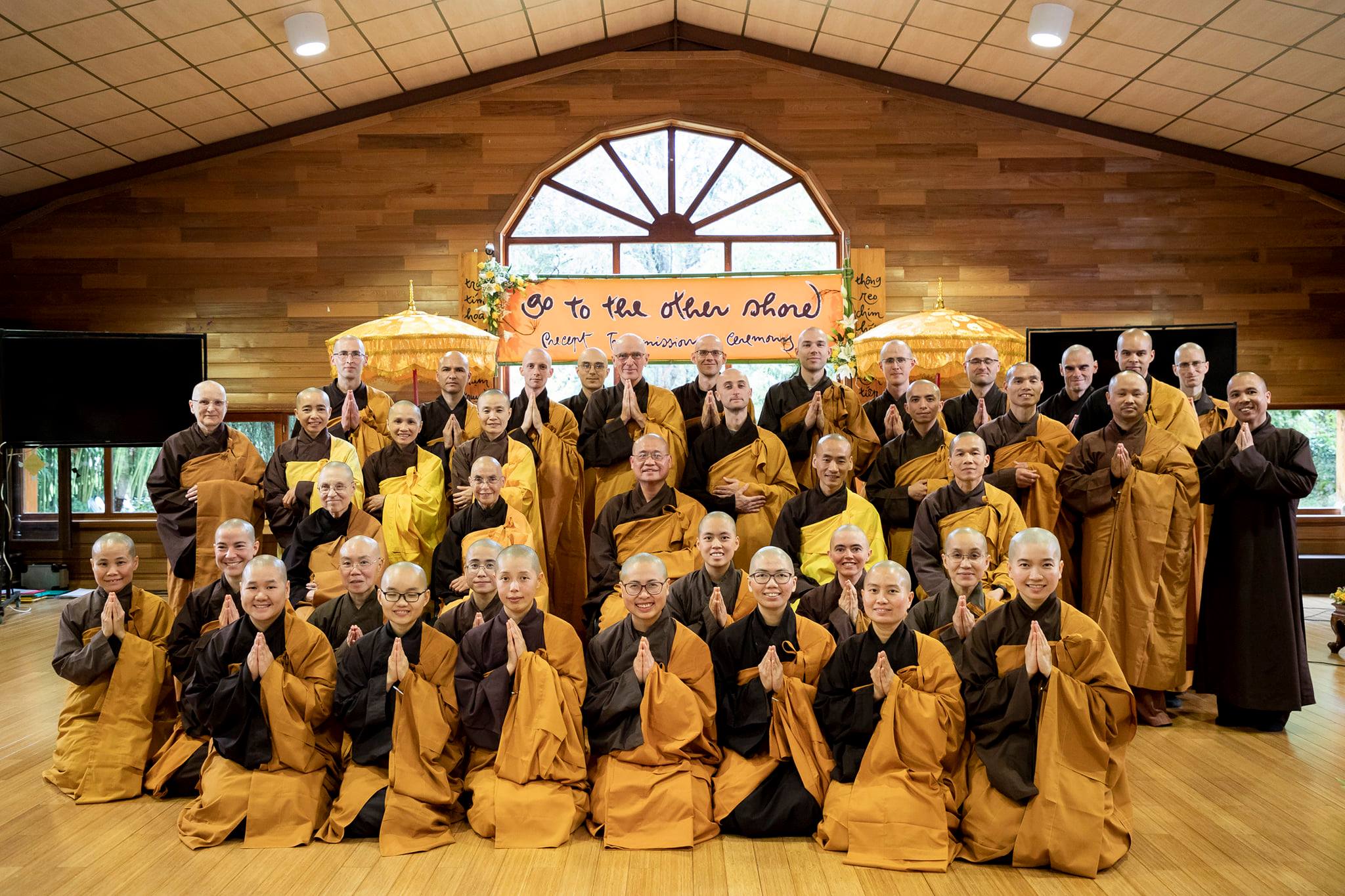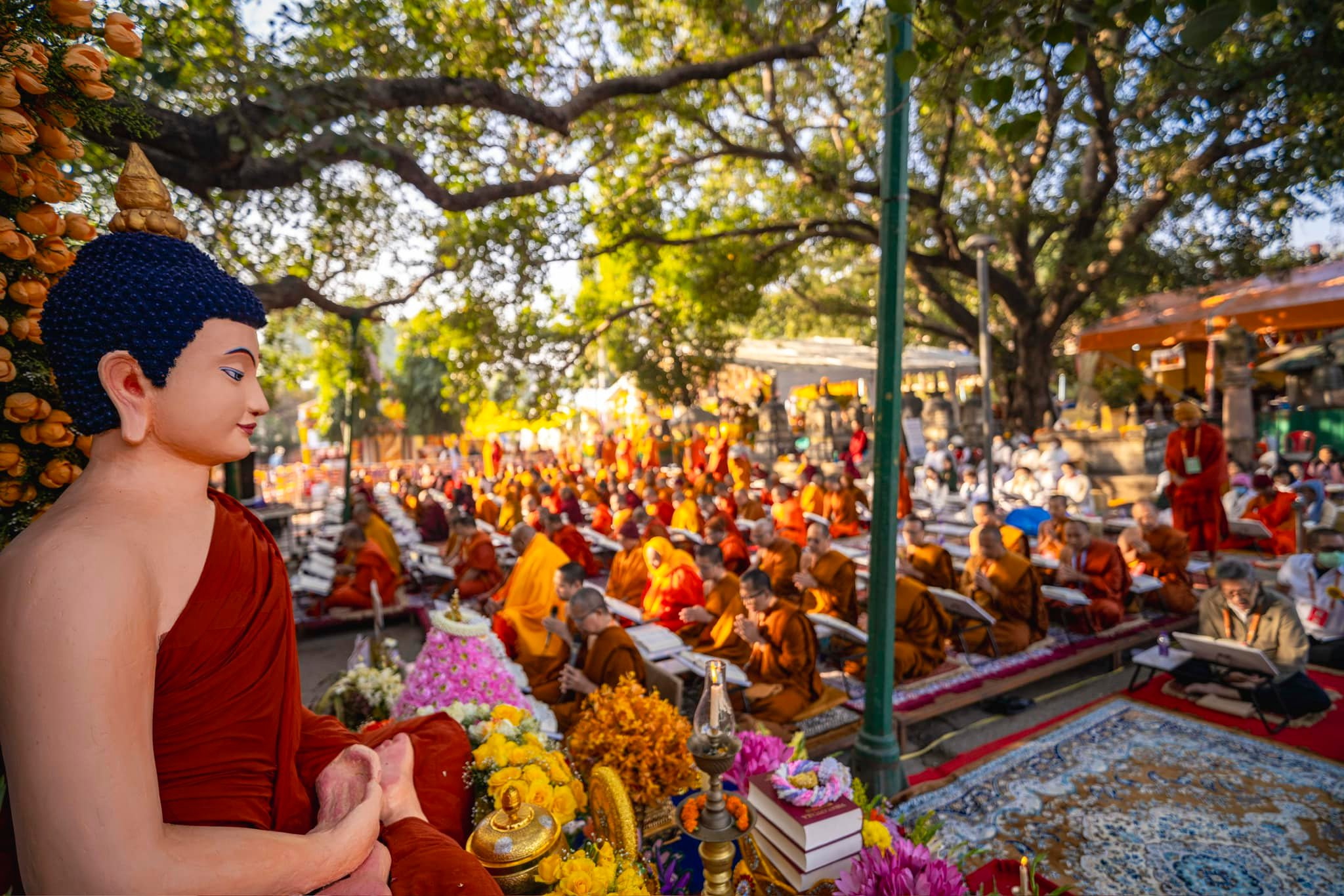Will You Still Need Me?
In time, says Norman Fischer, we learn the true value of friends, family, and spiritual community. The post Will You Still Need Me? appeared first on Lion’s Roar.

Growing old, like anything else, has its advantages and disadvantages—the disadvantages obvious, the advantages less so. But they are there.
If you are an older person, you have known yourself, and others in your life, for a good long while. Friendship is one of life’s great gifts, and to enjoy it for many decades is to develop it to its fullest. There can be a lovely and deeply affirming mutual respect, especially if you practice dharma. In time, you go beyond the various slights, hurts, and competition that any friendship includes, to a mature appreciation of your friend’s character and the longevity of the connection. People who have known you and whom you have known for a very long time, including family members, especially parents, become treasures.
“To age alone, without a family, and without living friends, is too difficult for anyone.”
But these long relationships come with a price: friends, parents, and siblings die. In grieving their deaths, we come to love and respect them even more, enshrining them in our lives. Doing this deepens our feeling for our own aging and dying and for life.
Death is the most salient feature of aging; it is also the most salient feature of all our relationships. The Buddha taught, “all meeting ends in parting.” An especially precious benefit of aging is the opportunity to truly understand and appreciate the meaning of death, especially in the company of friends and relatives. I appreciate my old friends more now than ever. When I’m with them, my youth, all the eras of my life, and all the changes that have occurred in the world during that long time, are somehow present. It is an uncanny and remarkable feeling only an older person can know. The same is true, though to a lesser extent, with friendships less longstanding. To know someone for a year, five years, a decade, or more is to share history.
Some people may be fortunate, as I have been, to have had a happy spousal relationship for a long time. My wife, Kathie, is also a Soto Zen priest; we ordained together in 1980. We’ve been married for forty-seven years, during which, it goes without saying, a lot has happened. We have two grown sons who have their own families. These dear relationships sustain our lives, as Kathie and I sustain one another. This is a rare blessing that we share with a few of our friends.
But again, the price. I have many friends who have enjoyed long marriages only to undergo the almost impossible experience of losing their beloved. I’ve held their hands and offered a shoulder to cry on as they try to absorb the loss. Somehow they endure it, eventually finding new ways to live that integrate the long years of the past. Having seen this many times, I appreciate the preciousness of my connection with Kathie and all the people in my life more and more as I understand with poignancy that we will not be together much longer.
The Buddha’s path of awakening begins with the reality of the suffering of old age, illness, and death. The path he sought beyond it required full appreciation of the nature of impermanence and of the clinging that all too often turns love into anguish and joy into fear. He defined a path out of the burning forest of suffering into the calm clearing of awakening, a path involving the three treasures of Buddha, the teacher; dharma, the teaching; and sangha, the community.
I have spent my lifetime practicing the American version of the Japanese Soto Zen of Dogen and Shunryu Suzuki Roshi. For many years I was a full-time resident priest at the San Francisco Zen Center, and since my retirement as an abbot at the Center in 2000, I’ve been practicing with laypeople in the secular world through the Everyday Zen Foundation, an organization established for this purpose.
I have had the chance to develop relationships with many, many people over many decades based on our shared practice—our sitting together in silence, our efforts to bring Buddhist teachings into our daily lives, and our knowing one another in the light of these precious experiences. Over the years I’ve come to see how important it is in Zen practice for everyone to find their own unique expression of the dharma and to share it with others. So, at Everyday Zen, small and large group dharma discussion is a paramount practice.
Our community, like all Buddhist communities throughout history, provides a powerful emotional and spiritual support for each of its members. Although the sangha is always open to newcomers, it values commitment and longevity of practice and relationships. As new people come, many of whom are older and are attracted to the practice exactly because they need spiritual support for their aging, they are easily integrated into our conversation and our sense of loving community based on a shared commitment to spiritual practice.
As the world turns, traditional communities break down, and new communities spring up. For us in the Western world, the Buddhist sangha, an ancient form of community that has always supported people through all stages of life, is new. Since the Buddha taught impermanence and suffering above all else, our sangha relationships, especially for those of us who are older, are perhaps more poignant and honest than most affiliations—because the whole basis of our connection is honesty about and a willingness to express what suffering, old age, sickness, and death mean to us.
We need one another. To age alone, without a family, and without living friends, is too difficult for anyone. The Buddhist sangha is an open door for all those who need support, providing not only friendship and conversation, but a path of practice that goes all the way to the end.

Zoketsu Norman Fischer is a poet, essayist, and Soto Zen Buddhist priest who has published more than thirty volumes of poetry and prose, including most recently When You Greet Me I Bow. He is the founder of Everyday Zen, a community based in the San Francisco Bay area, as well as former abbot of the San Francisco Zen Center. He and his wife, Kathie Fischer, also a Soto Zen priest, have two children and three grandchildren and live in Muir Beach, California.

 Lynk
Lynk 
































